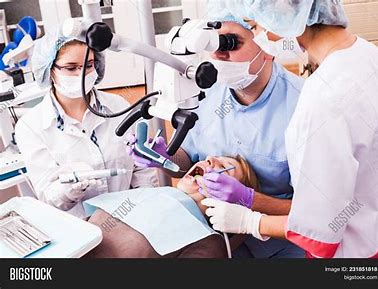Thank you to a concerned person from the ‘Dental Care’ community for this BLOG suggestion.
Dental Care ~
< My Thoughts > “All this just to clean his teeth.”
If something is in Sonny’s mouth it must be to bite on or chew. Right? Of course this includes anyone’s hands or fingers. So, it stands to reason we would never ask a dentist or dental technician to stick their fingers into his mouth. It’s difficult enough to brush his teeth on a daily basis.
Unfamiliar with autism, a very gentle and caring dentist tried for several times to get Sonny to open his mouth while sitting between us in the waiting room. “Hah! We told you so!” I wanted to shout. Finally, she gave up. “Okay, he’ll need anesthesia just to examine him,” she agreed.
The dentist said she’d submit the paperwork to the insurance company. But wait! We didn’t have any dental insurance. Sonny needed to be anesthetized for a simple cleaning in a surgery room setting. Then requiring an extensive and expensive dental procedure, under anesthetic for anything else they may find. And, for that you need insurance or ca$h. They want to know that everyone will be paid. Panic set in!
Fortunately, our town was large enough to have a dental college where students learn their craft under the supervision of professionals, in an outpatient surgery center. We started making contacts and finally began the paperwork process to have Sonny admitted pro bono.
Months later, finally ‘covered’ at the college outpatient surgery certer, we turned our son over to the men and women garbed in green for a series of ‘dental procedures’. But, the first time he had a grand mal seizure, due to missing his morning meds. Now we know that he has to have meds on schedule, before surgery; just to be safe.
Children with Autism Face Increased Oral Health Risks by J. Khorsandi ~Children with autism can face a handful of issues related to their oral health. Among them:
- They may have difficulty tolerating the sensory inputs involved in brushing and flossing, leading them to skip these necessary tasks.
- They may engage in behaviors that endanger the teeth and gums, such as head banging and gum picking.
- There is some evidence that children with autism also prefer to eat soft, sweet foods. These types of foods often promote tooth decay. Parents may also give children with autism candies and other sweet foods as rewards for good behavior.
Because of these challenges, these kids are at greater risk of developing many different oral health conditions, including:
- Tooth decay
- Gum disease
- Teeth grinding, especially at night (known as bruxism)
- Traumatic dental injuries
- Orthodontic problems
The combination of negative dental habits, with the increased likelihood of gum & teeth issues; make bi-annual trips to the dentist a priority for children with autism.
< My Thoughts > “Just so you know…”
Adults with autism may also have many of these issues. Added to that, having poor chewing or eating habits can lead to digestive and/or gastrointestinal problems. Unnoticed decay can eventually mean major tooth extractions. Any kind of partial plates or appliances make life difficult for everyone involved.
Sonny loves to ‘bite’ whatever is handy. His biting can be a result of happy excitement, frustration, or an ‘outburst of anger’. All our furniture has different degrees of ‘bite marks’. Yes, as you can imagine, he did finally break a front tooth biting on a table leg.
Reference:
Khorsandi, J. (May 2022). Children with Autism Face Increased Oral Health Risks; Retrieved online from: https://www.byte.com/community/resources/article/dental-care-children-with-autism-guide/

 RSS Feed
RSS Feed